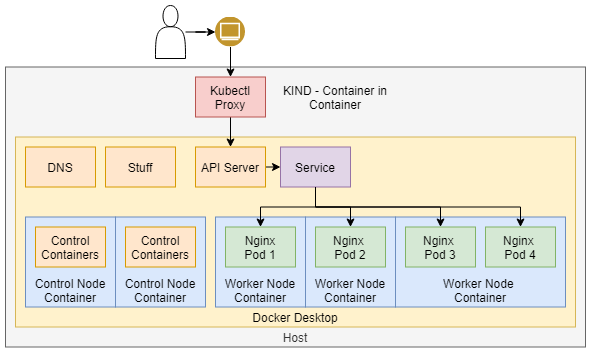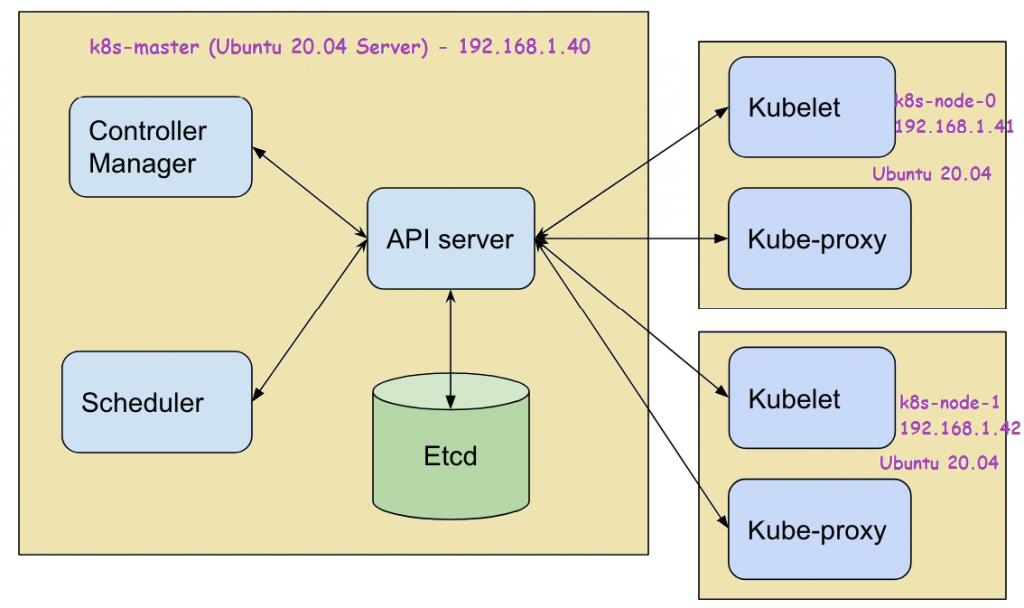
Then, kubectl pretends it's running in our cluster. We do not specify any namespace explicitly on the command line of kubectl
 There is a token file of the Kubernetes service account located at /var/run/secrets/kubernetes.io.serviceaccount/token. The environment variable, KUBERNETES_SERVICE_HOST is set. The environment variable, KUBERNETES_SERVICE_PORT is set. How kubectl managed tokens of ServiceAccount On namespace resources, cli operations will default to the value of a variable if the environment variable is set. The tools or manifests depending on the defaulting of the namespace will be impacted by it. In-cluster authentication is pretended if each three is found.įor maintaining backward compatibility, when the environment variable, i.e., POD_NAMESPACE is set at the time of in-cluster authentication, then it would override the namespace (default) from a service account token. It begins by inspecting the environment variables, i.e., KUBERNETES_SERVICE_PORT and KUBERNETES_SERVICE_HOST, and the presence of a service account token file over /var/run/secrets/kubernetes.io.serviceaccount/token. Namespace overrides and in-cluster authenticationįirst of all, kubectl will by default determine if it's running in a pod, and hence in a cluster. Note: Flags override the related environment variables and default values that we define from the command line. We can use the below syntax to run the commands of kubectl from our terminal:įor example, kubectl get pod example-pod1 example-pod2įor instance, we can use the -server or -s flags for specifying the port and address of the Kubernetes API server. The primary aim of kubectl is to consequently implement HTTP requests for the Kubernetes API. It means that all Kubernetes operations are disclosed as an API endpoint and could be run by an HTTP request to the endpoint.
There is a token file of the Kubernetes service account located at /var/run/secrets/kubernetes.io.serviceaccount/token. The environment variable, KUBERNETES_SERVICE_HOST is set. The environment variable, KUBERNETES_SERVICE_PORT is set. How kubectl managed tokens of ServiceAccount On namespace resources, cli operations will default to the value of a variable if the environment variable is set. The tools or manifests depending on the defaulting of the namespace will be impacted by it. In-cluster authentication is pretended if each three is found.įor maintaining backward compatibility, when the environment variable, i.e., POD_NAMESPACE is set at the time of in-cluster authentication, then it would override the namespace (default) from a service account token. It begins by inspecting the environment variables, i.e., KUBERNETES_SERVICE_PORT and KUBERNETES_SERVICE_HOST, and the presence of a service account token file over /var/run/secrets/kubernetes.io.serviceaccount/token. Namespace overrides and in-cluster authenticationįirst of all, kubectl will by default determine if it's running in a pod, and hence in a cluster. Note: Flags override the related environment variables and default values that we define from the command line. We can use the below syntax to run the commands of kubectl from our terminal:įor example, kubectl get pod example-pod1 example-pod2įor instance, we can use the -server or -s flags for specifying the port and address of the Kubernetes API server. The primary aim of kubectl is to consequently implement HTTP requests for the Kubernetes API. It means that all Kubernetes operations are disclosed as an API endpoint and could be run by an HTTP request to the endpoint. 
Kubernetes is completely controlled by this API. The API is the actual user interface of Kubernetes. From the point of view of a technical user, kubectl is the client for the Kubernetes API. It permits us to perform all possible operations of Kubernetes. We can define other files of kubeconfig by setting the -kubeconfig flag or KUBECONFIG environment variable.įrom the point of view of a user, kubectl is our cockpit for controlling Kubernetes. Kubectl finds a file that is known as config in the directory, i.e., $HOME/.kube for configuration. Kubernetes offers a command-line tool to communicate with the control plane of the Kubernetes cluster with the help of the Kubernetes API.
kubectl is the command line tool that lets you interact with your Minikube Kubernetes cluster.Next → ↠prev Install Kubectl on Ubuntu Introduction to Kubectl. Minikube is a Kubernetes-specific package that runs a local development Kubernetes cluster on VirtualBox. Now start up Minikube and use kubectl to find what version of Kubernetes you’re running on Ubuntu. $ chmod +x minikube & sudo mv minikube /usr/local/bin/ $ echo "deb kubernetes-xenial main" | sudo tee -a /etc/apt//kubernetes.listĭownload and install minikube, which runs a single node Kubernetes cluster on your machine. Install kubectl, which you use to interact with the Kubernetes cluster. 
$ sudo apt-get install -y virtualbox virtualbox-ext-pack Install VirtualBox to run virtual machines on your system. $ sudo apt-get install -y apt-transport-https

UBUNTU INSTALL DOCKER AND KUBERNETES UPDATE
Update your system’s dependencies to get ready for the Kubernetes installation. But it’ll work great for every Ubuntu installation. It works flawlessly for Ubuntu 16.04 (Xenial Xerus) and Ubuntu 18.04 (Bionic Beaver). We’ll use Minikube, kubectl, and VirtualBox. It’s the fastest set up for local development. With this guide you’ll be running Kubernetes on your Ubuntu machine. This is the fastest tutorial to install and run Kubernetes on Ubuntu. 4 Steps to Install Kubernetes on Ubuntu 16.04 and 18.04








 0 kommentar(er)
0 kommentar(er)
